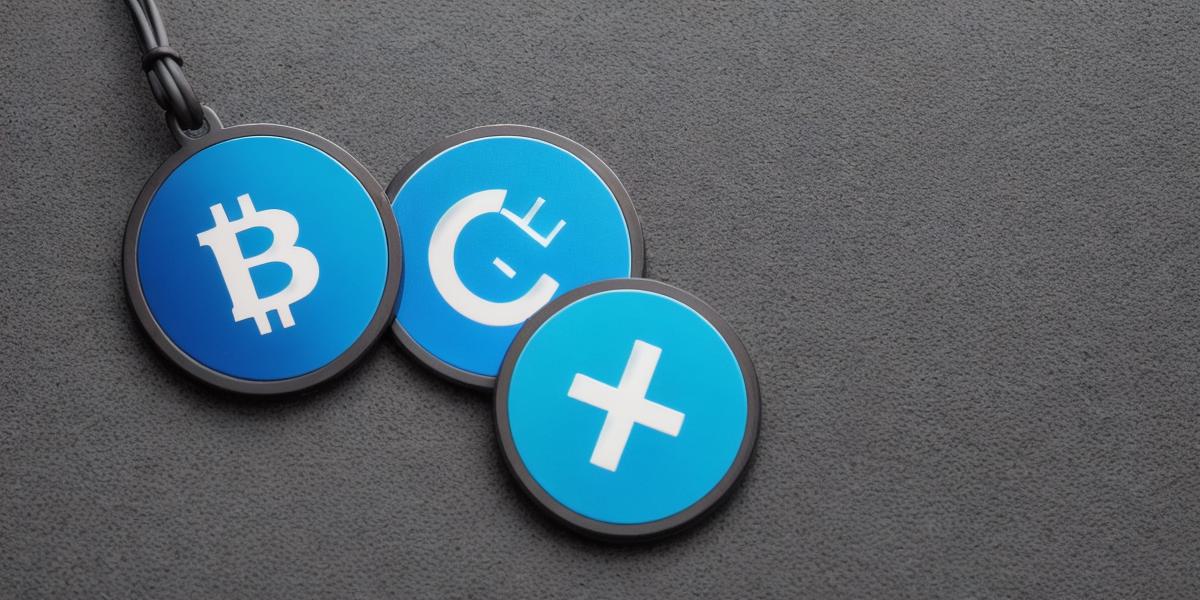The Importance of Digital Identity in the Web3 Era

As we enter the Web 3 era, where decentralized technologies and blockchain are becoming more integrated into our lives, it’s important to understand how digital identity plays a crucial role in this new world. In this article, we will explore the importance of digital identity in the Web 3 era, and provide practical advice on how you can protect and manage your digital identity.
What is Digital Identity?
Digital identity refers to the collection of data that represents a person or organization online. This data can include personal information such as name, address, email address, passwords, and even biometric data like facial recognition. When we interact with technology, whether it’s logging into a website, using a smartphone, or making a purchase, our digital identity is always present.
Importance of Digital Identity in the Web3 Era
With the rise of decentralized technologies, there has been a shift away from centralized institutions that hold and manage our personal data. In the Web 3 era, this responsibility falls on individuals to manage their own digital identity. Here are some reasons why digital identity is so important in this new world:
- Decentralization of Data: With decentralized technologies like blockchain, there is no single point of failure for our personal data. This means that even if one institution or platform is hacked, the rest of our data remains secure. By managing our own digital identity, we have control over where and how our data is stored.
- Privacy: In the Web 3 era, privacy is more important than ever before. With decentralized technologies, there is less risk of our personal data being shared with third parties without our consent. When we manage our own digital identity, we can choose who has access to our data and how it’s used.
- Security: As we continue to use technology in our daily lives, the risk of cyberattacks and fraud increases. By managing our own digital identity, we can take steps to protect ourselves from these threats. This includes using strong passwords, enabling two-factor authentication, and keeping our software up to date.
Case Studies:
There are many real-life examples of how digital identity has played a crucial role in the Web 3 era. Here are a few:
- Decentralized Autonomous Organizations (DAOs): In the Web 3 era, DAOs have emerged as a new way to organize and govern communities online. These organizations are run by decentralized smart contracts, which means that members have complete control over how they operate. To participate in a DAO, you need a digital identity that is linked to your cryptocurrency wallet. This allows you to verify your identity and vote on decisions.
- Decentralized Finance (DeFi): DeFi is a new way of using blockchain technology to provide financial services like lending, borrowing, and trading. In the DeFi world, digital identity plays a crucial role in determining who has access to funds and how they can be used. By managing your own digital identity, you can take steps to protect yourself from fraud and ensure that your funds are being used ethically.
FAQs:
Here are some common questions about digital identity in the Web 3 era:

- What is a decentralized identity?
A decentralized identity refers to an identity that is managed by an individual rather than a centralized institution. This allows for greater control over personal data and more privacy. - How can I protect my digital identity?
There are many steps you can take to protect your digital identity, including using strong passwords, enabling two-factor authentication, and keeping your software up to date. You should also be careful about sharing personal information online and only grant access to your data when it’s necessary. - What is a cryptocurrency wallet?
A cryptocurrency wallet is a digital








